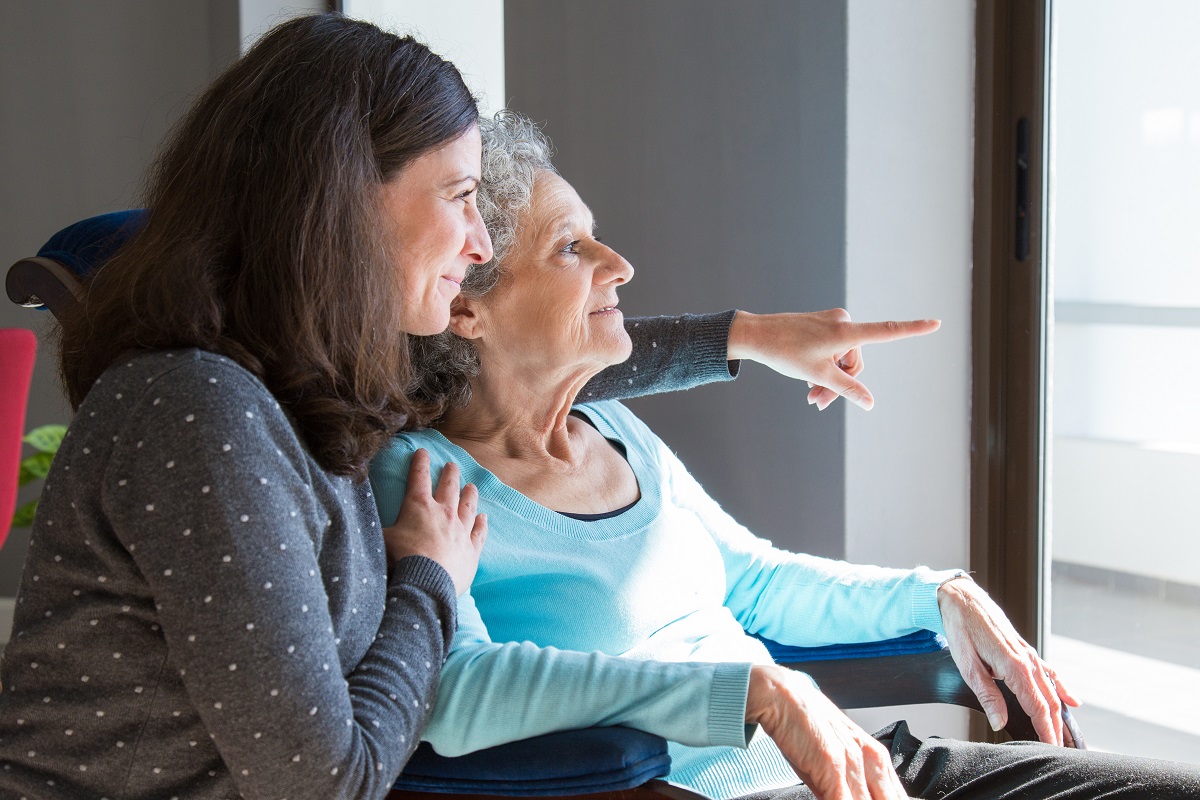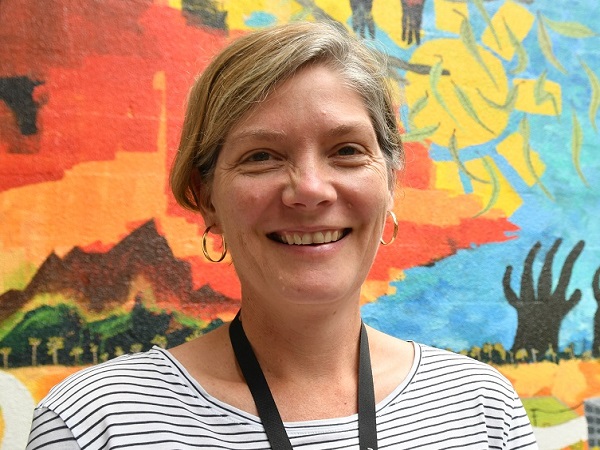
If someone close to you suddenly suffered a stroke, what information would you need to support them in the weeks, months and years ahead? And how would you want to access that critical information?
These important questions are being investigated by Flinders Caring Futures Institute researcher Dr Elizabeth Lynch and her team as part of a hospital-based project.
The team, including fellow Institute researcher Professor Gillian Harvey, is investigating how to support and upskill people who are transitioning to the role of carer of someone with stroke. They aim to do this by creating and seeking feedback on new information resources designed to improve health literacy as well as working with hospital staff to improve systems of providing information to patients and their families.
It’s estimated more than 100 Australians experience stroke on any given day.
“Oftentimes the person who has the stroke is fit and well, going about their business, and suddenly their life and the lives of those around them is changed forever,” Dr Lynch says.
In most cases, the people closest to them must immediately take on the responsibility of caring for them, especially if the survivor has become unconscious or drowsy, or their language or cognition have changed.

“Around 66% per cent of people who have a stroke will need some sort of assistance, so it’s up to the carer to make decisions and advocate for better care,” Dr Lynch explains.
“Their major role in the hospital period is to get as much information as they can for themselves and for the stroke survivor, to set themselves up for the future.”
A wide range of decisions need to be made – everything from returning to work and maintaining social connections to organising finances and aged care services for older stroke survivors. How carers of people with stroke make those important decisions is reliant on accessing correct and timely information.
“We know that people who have unmet information needs are more likely to score highly on the anxiety and depression scales. While we can’t change the trauma around the stroke itself, we can reduce unnecessary stress by giving people the information they need.”
Currently, not-for-profit organisation the Stroke Foundation provides a comprehensive range of resources. However, in the period immediately after the stroke, Dr Lynch says it’s often necessary for the survivor’s loved ones to take the initiative to ask specific questions and make appointments, at a time when they are already feeling the pressure. Furthermore, the carers may not absorb all that information when they are emotional and still coming to terms with the event.
“We’re trying to create a suite of resources that people can pick and choose from, because no two strokes are the same and everyone will come from a different level of experience and have different expectations,” Dr Lynch says. “We are also working with hospital staff to look at ways they can provide the information people need, at the time they need it, in a way people can understand and use that information.”
The resources, taking the form of an online training module and videos of carers’ stories, are being made available to anybody who provides support to the person with stroke, which could include the husband, wife, partner, family member or friend. The module is being trialled in two hospitals providing stroke rehabilitation services – one in Adelaide and one in Perth – for inpatients and their loved ones who generally stay one to two months after a stroke.
“By directing people to the online training module, we’re trying to help people work out what questions are important to them and then work out who or where to go to get those questions answered,” Dr Lynch says.
The researchers will be measuring the carers’ satisfaction with the information they receive and their levels of anxiety and depression, while separate advisory groups of health professionals and former patients and carers have been established within the two trial hospitals to develop systems specific to each hospital to improve how information is provided.
“Part of what we’re wanting to do is define what is good information provision. How can good information be provided in a way that is actually of benefit to carers and stroke survivors?”
Three lived experience researchers, Annette McGrath and John Mitchell who are carers, and stroke survivor Simon Lane are making invaluable contributions to the study.
“Hearing someone’s story is a really powerful vehicle to get a person’s emotional side engaged,” Dr Lynch says. “My depth of understanding of the complexity of being a carer of someone with a stroke has gone through the roof from working with them on this project.”
Pending feedback from consumers, it’s hoped the resources will be rolled out more broadly in the community.
“Should we find that this online learning module is helpful, we would like to work with the Stroke Foundation to host it on their website, to reach everyone who needs it through existing services,” Dr Lynch says.

